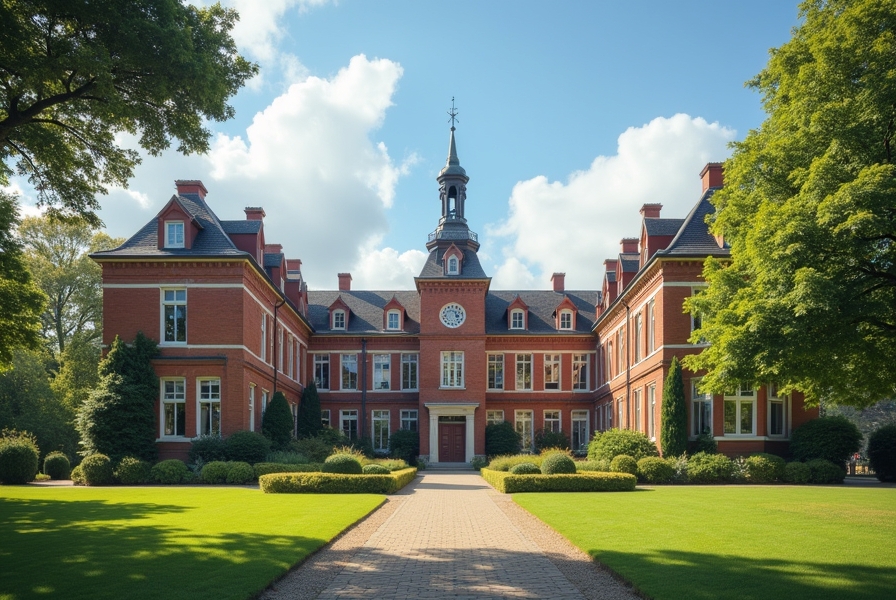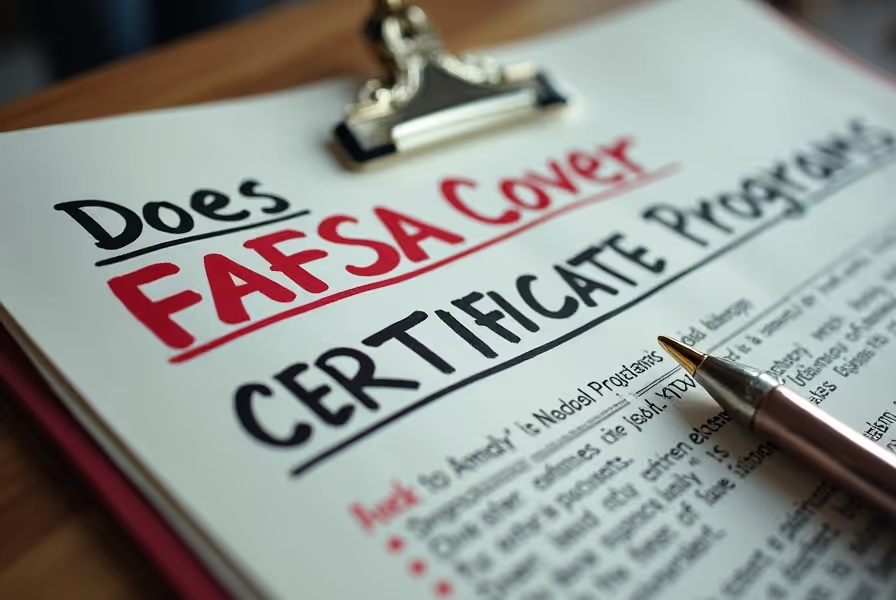Understanding the Differences Between Boarding Schools and Private Day Schools
Choosing the right educational environment can shape a student’s academic journey and personal growth. Both boarding schools and private schools offer exceptional opportunities, but their approaches, settings, and structures are distinct. If you're exploring the best fit for your child or simply curious, understanding their unique features is essential.
What Is a Boarding School?
A boarding school is a private school where students live on campus during the academic term. Boarding schools typically provide comprehensive residential services alongside academics. Students eat, sleep, and take part in extracurricular activities on-site under the supervision of dorm staff.
- 24/7 learning community
- Structured routines and schedules
- Opportunities for independence and life skills development
- Frequent extracurricular activities and weekend programs
What Is a Private Day School?
A private day school is an independently funded school where students commute daily and return home after classes. These schools emphasize academics, sports, and the arts, similar to boarding schools, but do not provide boarding facilities.
- Students live at home and travel to school daily
- Strong academic programs and extracurricular options
- Family involvement remains high
- Schedules typically follow the standard school day
Comparing Boarding Schools and Private Day Schools: Key Differences
While both types belong to the private school sector and often top best high schools rankings, their environments and benefits can differ:
1. Living Arrangements and Student Life
- Boarding Schools: Students live on campus, fostering a close-knit community. Learners experience independence, learn time-management, and build lifelong friendships through shared daily routines.
- Private Day Schools: Students return home each day, balancing school and family life. They engage socially during school hours but have more personal space after class.
2. Academics and College Preparation
- Both options provide rigorous academics, Advanced Placement (AP) courses, and college counseling.
- Boarding schools often offer extra support through evening study halls, faculty mentors, and extended resources for college prep.
- Private day schools may offer more integration with local academic resources, internships, and family-guided learning opportunities.
3. Extracurricular and Leadership Opportunities
- Boarding Schools: Students have after-hours access to sports, arts, and clubs, often run by resident faculty. There’s a wide range of weekend activities and leadership roles within the dorm community.
- Private Day Schools: Extracurricular activities are robust but typically fit within the afternoon schedule, with less frequent evening and weekend requirements.
4. Family Involvement and Support
- Day school students spend more time with family, supporting consistent family engagement and flexibility in parenting.
- Boarding school families usually participate in weekend visits, scheduled events, and regular communications but are less involved in daily routines.
5. Cost and Financial Considerations
- Both may offer need-based financial aid or merit scholarships.
- Boarding schools cost more on average due to room, board, and full-time supervision.
- Day schools eliminate housing expenses but maintain tuition similar to top private institutions.
How to Decide Between Boarding School and Private Day School
The right fit depends on your child’s personality, goals, and needs. Here’s what parents and students typically consider:
- Readiness for independence and distance from home
- Desire for a community-focused environment
- Level of family involvement preferred
- Support services for academics or social-emotional growth
- Access to desired programs like STEM, music, or athletics
Why Families Choose Boarding or Private Schools
Each model offers unique benefits for students seeking a challenging academic environment:
- Boarding: Ideal for students looking for independence, close community, and immersive experiences.
- Day: Great for families who want daily interaction, local involvement, and flexible schedules.
Questions Parents Often Ask About Boarding and Private Schools
Frequently Asked Questions
Are private schools and boarding schools the same?
No. Boarding schools are a type of private school that provides on-campus living. Not all private schools offer boarding; many are day schools where students commute from home.
What age do students typically attend boarding schools?
Most boarding schools in the U.S. enroll students from grades 8–12, typically ages 13–18. Some schools accept younger students starting in grade 6.
Is boarding school better for college preparation?
Both boarding and private day schools can offer excellent college prep. Boarding schools often provide more structured academic support and residential faculty mentorship. However, many top-ranked private day schools also have outstanding college counseling and preparation programs.
Do private day schools have the same extracurricular activities as boarding schools?
Most private day schools offer a wide variety of extracurricular options including sports, arts, and clubs. Boarding schools may have a broader range of after-hours and weekend activities due to students living on campus, but both provide strong enrichment opportunities.
Which is more expensive: boarding schools or private day schools?
Boarding schools generally cost more because tuition includes room, board, and 24/7 supervision. Private day schools charge tuition for academics and extracurriculars but not housing, making them less expensive overall. Financial aid may be available for both.
How to Choose the Best Environment for Your Student
Every student is unique. Consider your child’s readiness for independence, personality, academic interests, and desired experiences outside the classroom. Visit campuses, talk to current students and parents, and meet the faculty. Whether you select a boarding school or a private day school, finding a nurturing, challenging, and inspiring environment can set your child up for lifelong growth and success.











.svg)



